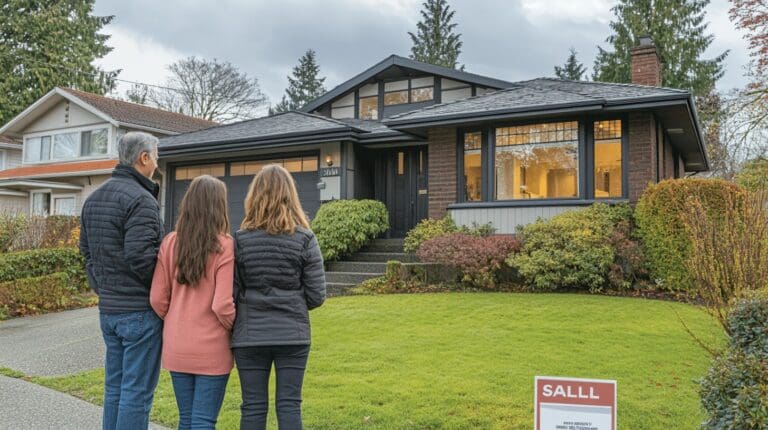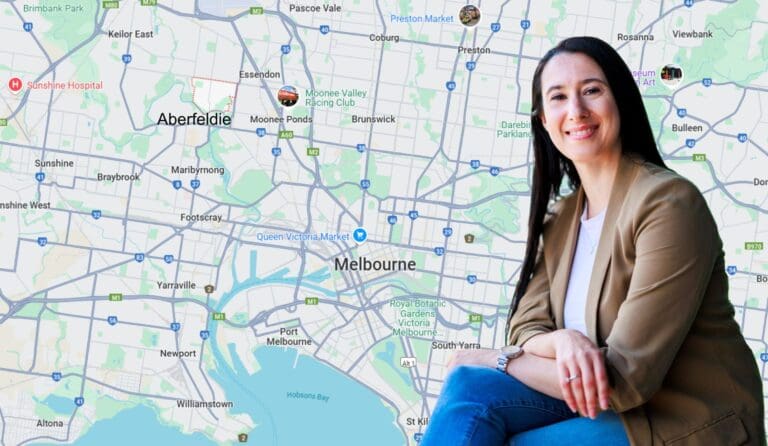We give you an overview of the advanced diploma of conveyancing, detailing its purpose, curriculum, target audience, career prospects, admission criteria, and enrollment process. The topics covered in this article include:
- Description of the advanced diploma of conveyancing
- Course Content
- Career Opportunities
- Skills Acquired through the advanced diploma of conveyancing
- Entry Requirements
- Enrollment Procedures
What is an Advanced Diploma of Conveyancing?
The advanced diploma of conveyancing is a professional diploma that aims to equip students with the necessary skills, knowledge, and capabilities to work as a registered conveyancer. This course encompasses various subjects such as property law, legal documentation and searches, agency processes and procedures, office and trust accounting requirements, planning laws, building and construction law, and the law of torts.
Overview of Course Content and Objectives
The advanced diploma of conveyancing course comprises various modules that aim to enhance your learning and develop your understanding and skills in conveyancing. Modules cover property law principles, conveyancing regulations, and legal documentation requirements to provide a comprehensive understanding of the conveyancing process.
The property law module delves into property transactions, ownership rights, and legal implications in detail. The contract law component familiarises students with the fundamentals necessary for accurately drafting, reviewing, and interpreting contracts. The land registration module addresses key aspects concerning the registration of property titles.
Career Opportunities
Graduates with an advanced diploma of conveyancing can explore various careers within the conveyancing profession.
Potential Job Roles and Salary Expectations
Graduates can pursue various roles such as licensed conveyancer, conveyancing paralegal, and property conveyancing consultant, each with salary expectations that vary depending on experience and proficiency in the field of conveyancing.
A licensed conveyancer is responsible for managing the legal aspects of property transactions confirming the accuracy and compliance of all documentation with the law. A conveyancing paralegal assists in drafting legal documents, conducting property searches, and coordinating settlements. A property conveyancing consultant offers expert advice on property transactions, guiding clients and stakeholders through the process with strategic solutions.
Salaries for positions differ by location, with larger cities often providing higher salaries due to the increased cost of living and demand for skilled professionals.
Skills and Knowledge Gained from the Course
The advanced diploma of conveyancing equips students with the skills and knowledge necessary to operate proficiently as a conveyancer. This includes a thorough understanding of legal responsibilities, property law principles, and conveyancing processes.
For instance, graduates will acquire practical skills in conducting thorough title searches to verify accurate and current property ownership information and identify any existing encumbrances on the land. They will also learn to oversee complex property settlements, including coordination among multiple stakeholders, managing financial transactions, and securing legal compliance throughout the process.
Entry Requirements for the Course
The entry requirements for the advanced diploma of conveyancing typically include a qualifying level of formal education and relevant professional experience to confirm that students have a basic understanding of the legal and transactional aspects of property conveyancing before commencing their studies.
Educational and Experience Prerequisites
Candidates applying for the advanced diploma of conveyancing should possess educational backgrounds in legal studies or property law, along with industry experience that imparts basic conveyancing knowledge and exposure to the property sector.

Educational qualifications play a fundamental role for individuals interested in this programme. Certificates or diplomas in legal studies not only offer theoretical foundations but also equip students with the important legal knowledge necessary for comprehending and navigating the conveyancing landscape.
Practical experience within the property industry offers a hands-on learning approach. This practical foundation enables students to apply theoretical concepts in real-world situations, enhancing their skills in tasks like contract drafting, property searches, and settlement procedures.
How to Enrol in an Advanced Diploma of Conveyancing
Applicants typically need to go through an application process that includes submitting academic transcripts, providing evidence of relevant work experience, and presenting other documentation demonstrating eligibility for the conveyancing qualification.
Application Process and Deadlines
To apply for the advanced diploma of conveyancing, you must complete an online application form, submit transcripts, and provide proof of work experience required for obtaining your conveyancing licence. After filling out the online form, double-check that all information is accurate and current. Review your transcripts to confirm they correctly represent your academic achievements.
Along with academic records, you may be asked to submit a CV showcasing your work experience. Timely submission of your application is important to avoid any complications. Be prepared for potential interviews or entrance exams as part of the selection process, and be sure you have all necessary documents prepared for submission.
Frequently Asked Questions
What is an advanced diploma of conveyancing?
An advanced diploma of conveyancing is a qualification that provides in-depth knowledge and skills in the field of conveyancing, which is the legal process of transferring property ownership from one person to another.
What are the entry requirements for an advanced diploma of conveyancing?
The entry requirements may vary depending on the institution, but generally, applicants must have completed a Diploma of Conveyancing or equivalent, or have relevant work experience in the field. Some institutions may also require applicants to have a high school diploma or equivalent.
What topics are covered in an advanced diploma of conveyancing?
The topics covered in an advanced diploma of conveyancing may include property law, contract law, land titles, conveyancing process, real estate transactions, and legal documentation. Students may also learn about ethical and professional responsibilities in the field.
Is an advanced diploma of conveyancing a nationally recognized qualification?
Yes, an advanced diploma of conveyancing is a nationally recognized qualification in Australia. This means that it is recognized by all other states and territories, and by employers across the country.
What career opportunities are available with an advanced diploma of conveyancing?
With an advanced diploma of conveyancing, graduates may pursue various roles in the legal and real estate industries, such as conveyancer, property manager, real estate paralegal, and conveyancing clerk. They may also work in government agencies, law firms, or start their own conveyancing business.
How long does it take to complete an advanced diploma of conveyancing?
The duration of an advanced diploma of conveyancing may vary depending on the institution and study mode. Generally, it takes 1-2 years to complete full-time, and 2-3 years to complete part-time. However, some institutions may offer accelerated programs that can be completed in a shorter period of time.
Get your quote today.
Relax knowing our experts are handling your property conveyancing.









